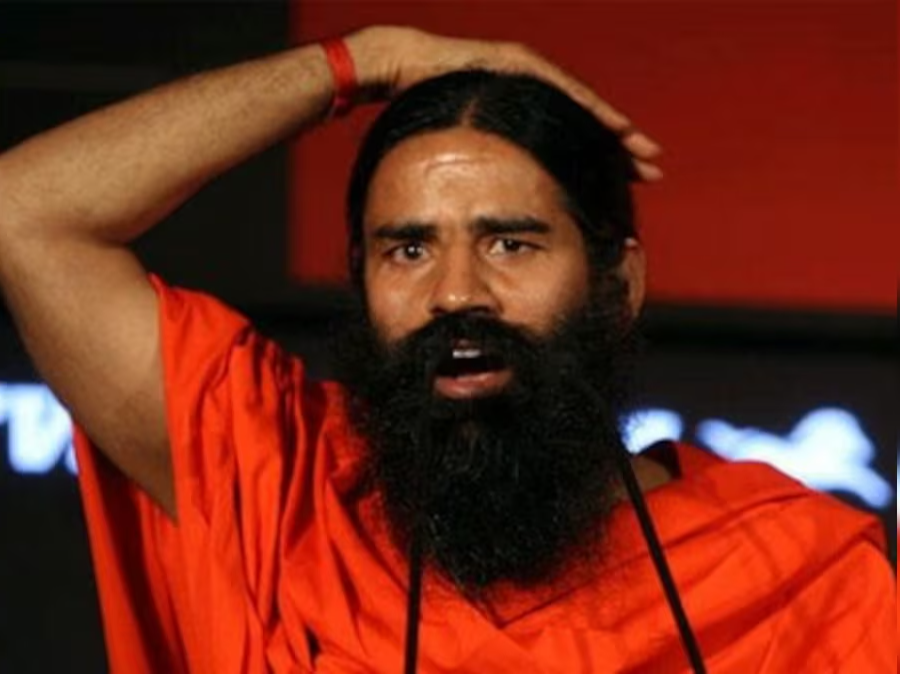The Bombay High Court recently declared that undertrial detainees who have spent a substantial duration in jail should typically be granted bail, even in cases involving serious accusations. This statement was made by the High Court in the case of Akash Chandalia v. State of Maharashtra.
Justice Bharati Dangre issued this observation while granting bail to Akash Chandalia, who had been incarcerated for 7.5 years on charges of double murder. The judge pointed out that depriving an individual of personal freedom without ensuring a prompt trial contradicts Article 21 (the right to life and personal liberty) of the Constitution of India.
“Depriving someone of personal freedom without ensuring a speedy trial is not in line with Article 21 of the Constitution. When a timely trial is not feasible, and the accused has already endured a substantial portion of the proposed sentence, the court generally has a duty to grant bail, irrespective of the gravity of the charges against them,” the judge stated in her 7-page order.
The bail application in question was connected to a case involving gangster Kisan Pardeshi. Pardeshi and his associates, including Chandalia, were charged with kidnapping, assault, and the murder of two individuals in July 2015. It was alleged that the accused had inflicted injuries on the victims, ultimately leading to their demise, with their bodies later discovered.
Chandalia pointed out in his bail request that two co-accused individuals in the same case, Vikas Gaikwad and Yasmin Sayyed, had already been released on bail in 2022. Justice Dangre noted that both of these co-accused were granted bail due to trial delays, and there was no reason why Chandalia should not receive similar treatment.
Consequently, the judge granted the bail application.
“The seriousness and heinous nature of an offense may be one factor to consider when deciding whether to grant bail to an accused. However, the extended incarceration of an accused as an undertrial prisoner also deserves significant consideration,” the judge further remarked when granting bail.
Read Whole Judgment – Akash Satish Chandalia Vs. The State of Maharashtra



